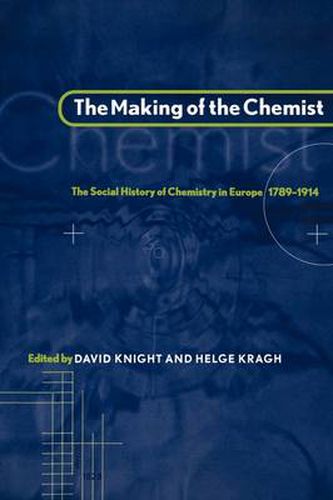Readings Newsletter
Become a Readings Member to make your shopping experience even easier.
Sign in or sign up for free!
You’re not far away from qualifying for FREE standard shipping within Australia
You’ve qualified for FREE standard shipping within Australia
The cart is loading…






Modern chemistry, so alarming, so necessary, so ubiquitous, became a mature science in nineteenth-century Europe. As it developed, often from a lowly position in medicine or in industry, so chemists established themselves as professional men; but differently in different countries. In 1820 chemistry was an autonomous science of great prestige but chemists had no corporate identity. It was 1840 before national chemical societies were first formed; and many countries lagged fifty years behind. Chemists are the largest of scientific groups; and in this book we observe the social history of chemistry in fifteen countries, ranging from the British Isles to Lithuania and Greece. There are regularities and similarities; and by describing how national chemical professions emerged under particular economic and social circumstances, the book contributes significantly to European history of science.
$9.00 standard shipping within Australia
FREE standard shipping within Australia for orders over $100.00
Express & International shipping calculated at checkout
Stock availability can be subject to change without notice. We recommend calling the shop or contacting our online team to check availability of low stock items. Please see our Shopping Online page for more details.
Modern chemistry, so alarming, so necessary, so ubiquitous, became a mature science in nineteenth-century Europe. As it developed, often from a lowly position in medicine or in industry, so chemists established themselves as professional men; but differently in different countries. In 1820 chemistry was an autonomous science of great prestige but chemists had no corporate identity. It was 1840 before national chemical societies were first formed; and many countries lagged fifty years behind. Chemists are the largest of scientific groups; and in this book we observe the social history of chemistry in fifteen countries, ranging from the British Isles to Lithuania and Greece. There are regularities and similarities; and by describing how national chemical professions emerged under particular economic and social circumstances, the book contributes significantly to European history of science.